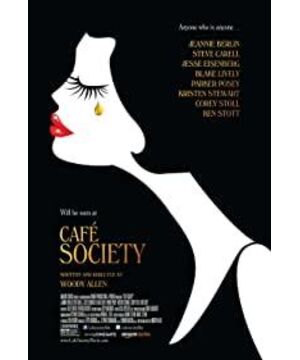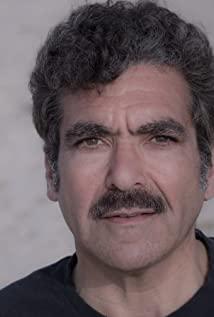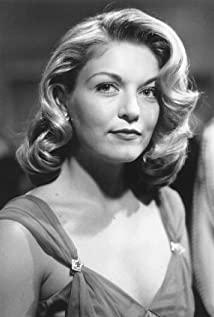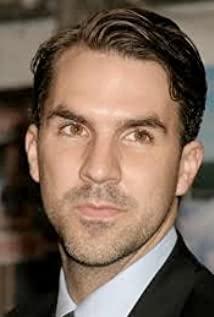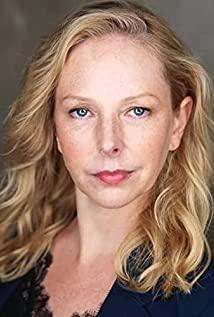For example, Woody's well-known masterpiece "Manhattan" talks about a frustrated middle-aged New York man, yes, the real Woody Allen himself; a real intellectual, serious and unpredictable about love. "I would never join a club with members like me."
He was tired of himself, but he was also narcissistic, otherwise he would not have the confidence to have a deep relationship with the 16-year-old girl played by Hemingway's granddaughter. In reality, Woody did date the teenager. Is "Manhattan" about the love dilemma of urban men and women? It seems not.
For example, "Midnight in Paris" and "Midnight in Barcelona" are unforgettable by contemporary literary and artistic youths. The Europa vibes of Paris and Barcelona are paired with the absurd love triangles of handsome men and women, whether they have been digging for several lifetimes, the gossip has increased unabated paintings, literary masters, or you and me in the modern city, Woody Allen seems to be They have never let go of the ridicule of love: you see, in my movies, the hero and heroine will make a pledge for love, but they will never be forced to be together because there is no love. In these two films, the little old man explored a new possibility in these two films that could not be more intense in the tone of the little bourgeois: can three people who love each other live under the eaves of marriage at the same time? But this is also a guess.
Another example is "The Dream of Cassandra", "Match Point", "Blue Jasmine", "The Unreasonable", Woody Allen has all added elements of "murder" and "crime". He is frank and deeply influenced by Dostoevsky's "Crime and Punishment", and he wants to scold the dark side of some middle-class and even upper-class society. However, what I saw in "The Dream of Cassandra" is a pair of brothers who can't tell the difference between enemy and me and kill each other; in "Match Point" a poor diaosi who married a rich wife because of greed And the bloody case caused; in "Blue Jasmine", I saw a "post-New York high lady" who couldn't distinguish between reality and fantasy, and was abject and ridiculous;
In "The Unreasonable Man", the absurdity, greed, and inability to distinguish between reality and fantasy come together in a big collection-a middle-class female student falls into a murder trap because she is obsessed with her teacher. Unexpectedly, fate is always half-true. The half-fake "take the joke seriously" ended, and the teacher killed himself. Does Woody Allen really believe that "good is rewarded and evil is rewarded"?
Most people, like me, should enjoy watching Woody Allen movies, not because he's particularly good at storytelling, or because he has Ingmar Bergman's gift for a unique interpretation of beauty, he doesn't have Roman Reigns • Polanski understands the relationship between love and destiny so deeply. I like to look at him because he has the mediocrity of a worldly person, and the mockery of treating the world with more or less, and the cynicism of wanting to have love, but not taking love as a necessity. Watching his movies, there is a kind of comfort that stretches your waist, and it is especially suitable to match a "Ge You Lying". He doesn't force the audience to accept his opinions, because he doesn't express his opinions in his films at all, Woody Allen is just nagging, integrating some shocking impossibility into the ordinary life. to the screen.
The latest film, "Coffee Commune," was mercilessly teased by The Atlantic: It's not really a good movie, not even a movie, and Woody Allen is making pictures, not film. We can see the static beauty of the twilight girl Kristen Stewart. Although she wears a feminine long skirt or knitted shorts, there are various personal movements that can't be hidden in her dynamic, often revealing the "man" Angry", there is really no way to convince me - the big boss who has seen colorful Hollywood beauty will abandon his 25-year-old wife for her.
But Woody Allen, who likes to go to New York taverns to play the saxophone every weekend, took a time machine through "Coffee Commune": who can deny that there is no Allen himself in Bobby, a young New Yorker played by Jesse Eisenberg , that's right, the little old man began to miss his first love in his 20s again. At that time, no money, no status, women were as difficult to understand as Bible to him, but he always remembered her, loved her, and cherished her.
From a young man in his 20s to an old man in his 80s, Woody Allen has always missed the word handsome and tall, but his relationship with women has always been very good. Farrow, Diane Keaton, and every subsequent Hollywood actress who's smashed to purple, all fell in love with him, yes, really fell in love with him. How powerful "interesting force" does he have to have? Even he chose the shocking father-daughter love as the ultimate love. I don't want to use "love" to describe him and Song Yi. The word "love" has too many restrictions. But this relationship has once again proved the narcissism and willfulness of this little Jewish old man under the name of inferiority.
He's been talking about himself all his life. I really like "Xili Biography" in which he incarnates the "head of state" and "Fool's Brain Science City" in which his body is resurrected again. In these two films, he did not talk about his outlook on life, values, and love. Guan, he was just joking with himself, so why not have fun?
This man is an ingenious being, he's tried to disrupt generations, he's tried to be skeptical, he's always told himself not to stick to the rules, but he's not radical at all, not like a child, wanton and excited to show the audience the new toys he has. .
In the past ten years, Woody took the audience to New York, London, Paris, Rome, and Barcelona. He also vaguely showed his new thinking through the suffocating city scenery and the people in these landscapes: what degree of murder is it? , deceit, betrayal can be forgiven? After all, he may not be a director, a screenwriter, or a saxophone player. He is a philosopher.
View more about Café Society reviews


